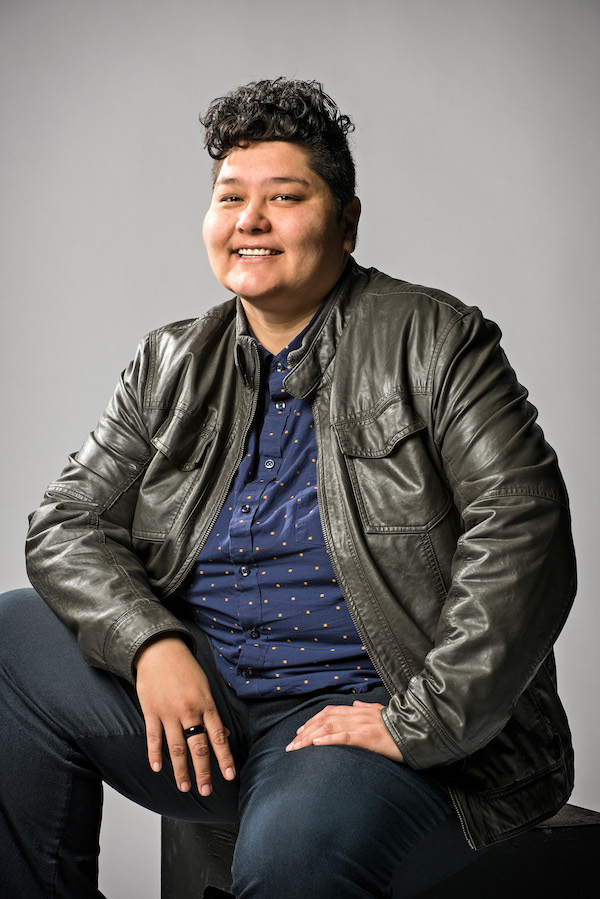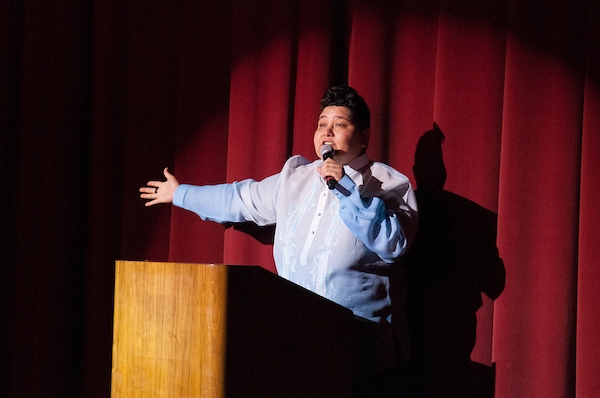Alison De La Cruz is a multidisciplinary theater artist, community-based facilitator, producer and cultural space cultivator who has spent over 20 years building intersectionally with Black, Latinx, Indigenous, queer and immigrant communities towards community-based art-making and storytelling practices, processes and products.
ARTILLERY: You know District 14 in Los Angeles very well. It includes the Arts District, Little Tokyo, Chinatown and Boyle Heights among other locations. What are the most important issues in the upcoming election for these diverse communities?
ADLC: Affordable housing, juggling the realities of ongoing transit-oriented development dealing with at least two parcels of public land and the implications for existing residents and small business owners. Food safety and security, access to adequate health care and a renewed attention to the city’s budget allocations to the police department, and other possible ways to infuse resources that don’t involve policing but look at holistic solutions such as mental health.
Voter suppression directed at people of color is baked into United States history. What are your concerns about this in the upcoming local and national elections?
The very climate in which we vote, the reality of voters being able to make their way safely to the polls, actually having enough time to vote and that their votes are being counted continue to be things I am concerned about. I’m also deeply concerned that lack of polling places and the wait times at the only open places also create an undue burden and impact on the ability of people to vote.

Alison De La Cruz portrait.
Voting is an important tool in the democratic process yet maintaining a democracy requires sustained engagement. How can the art community stay engaged?
This time is ripe for artists engaged in multiple levels with our neighbors, communities, small business owners, civic leaders, hourly workers and local organizations to create new onramps for participation and community problem solving. How can we recruit more poll workers? How can we continue to collaborate with community members, business leaders and civil servants to image and
reimagine our neighborhoods and the services that are available to us?
Younger voters may well decide the next elections. While there is intense activism, they may also be feeling intense disenfranchisement unless there is real systemic change. Do you feel there is such a thing as voter activism to believe in?
I definitely believe in voter activism and the power of the people to step up and step in. Over these last few months, we have entered the next chapter of what an engaged citizenry looks like and how that translates into voting. I am hoping that folks are not just picking up posters to hold in the streets, but engaging in organizing and trying to participate in making our city and region stronger. We are learning new pathways for voter activism across digital platforms even as this pandemic continues to impact our daily lives.


